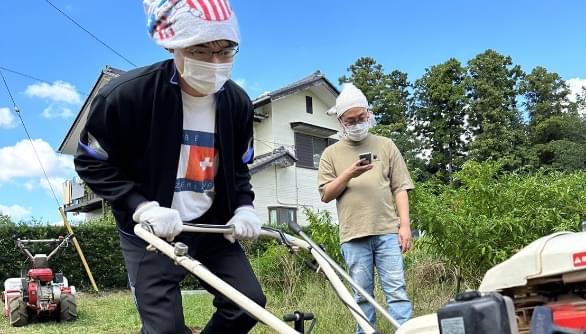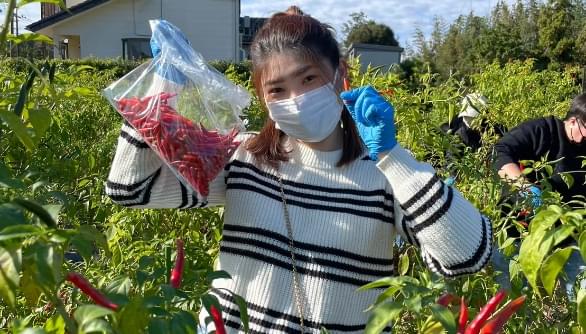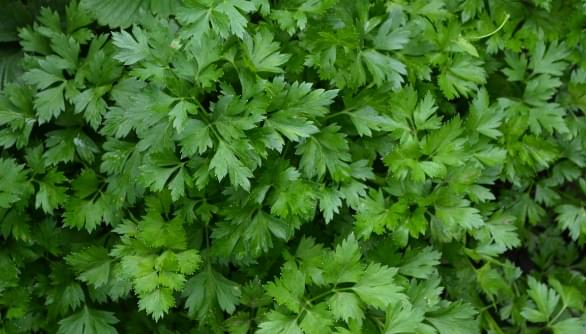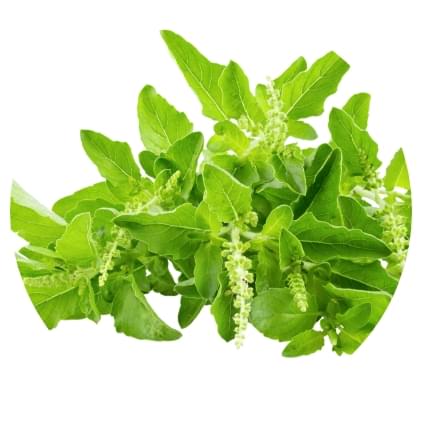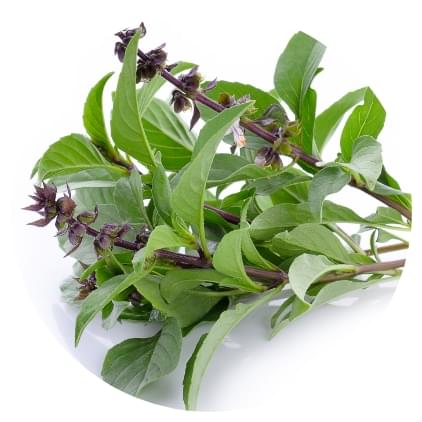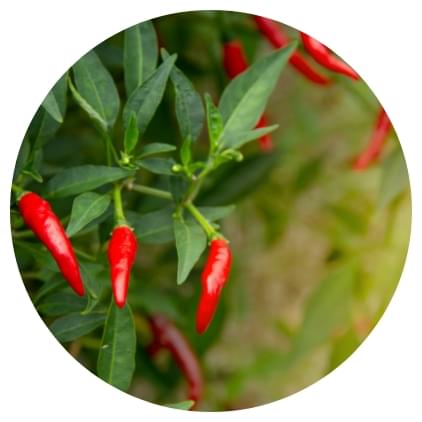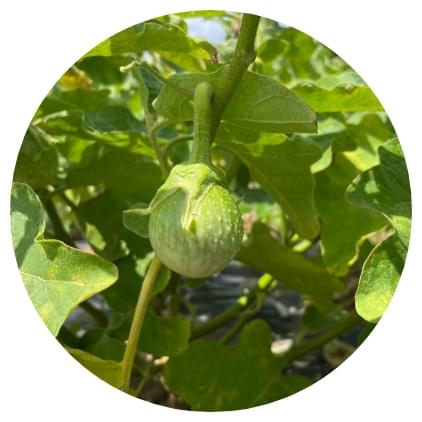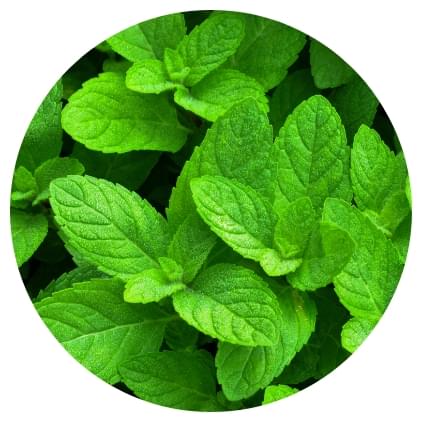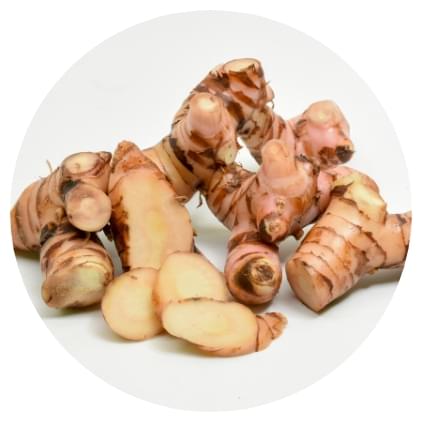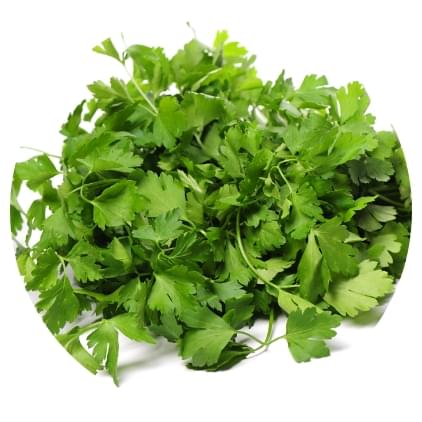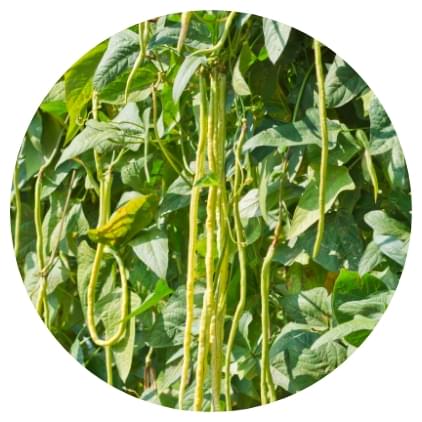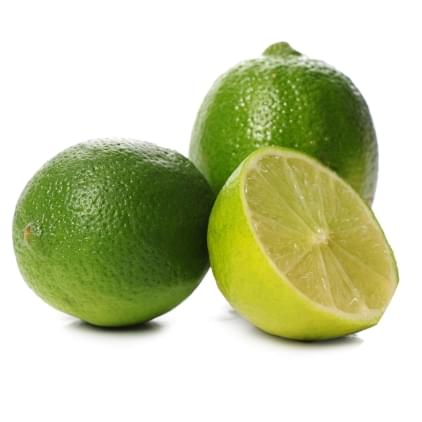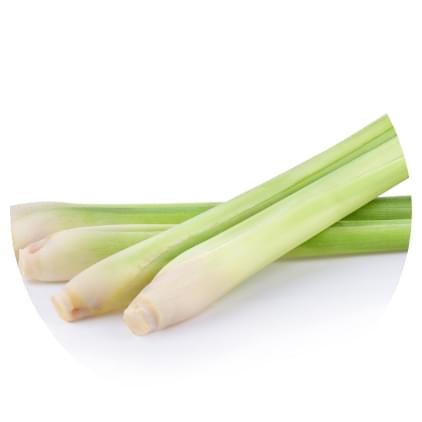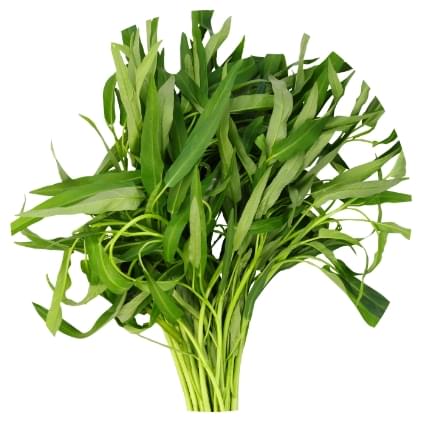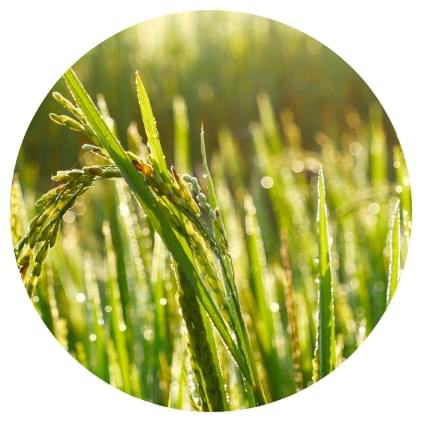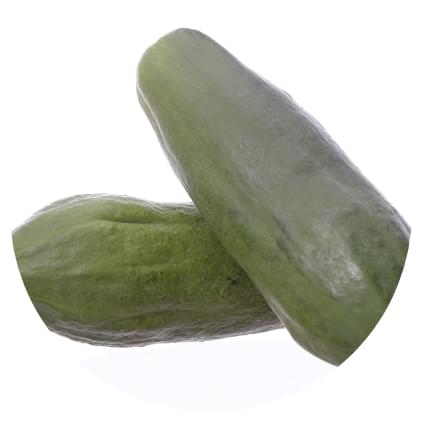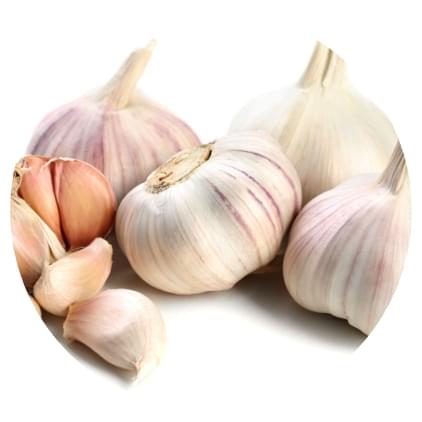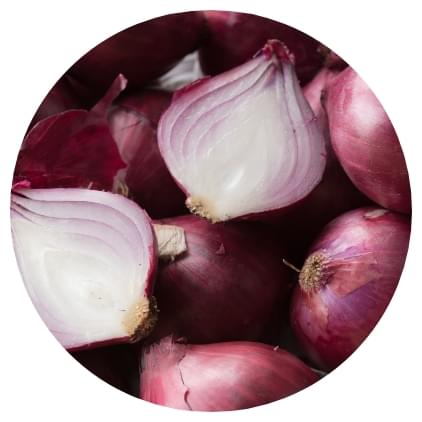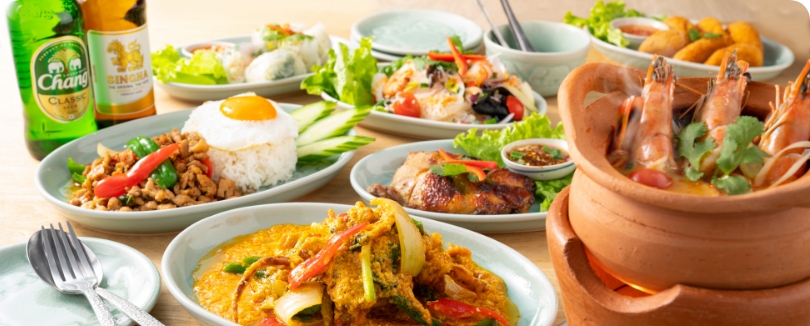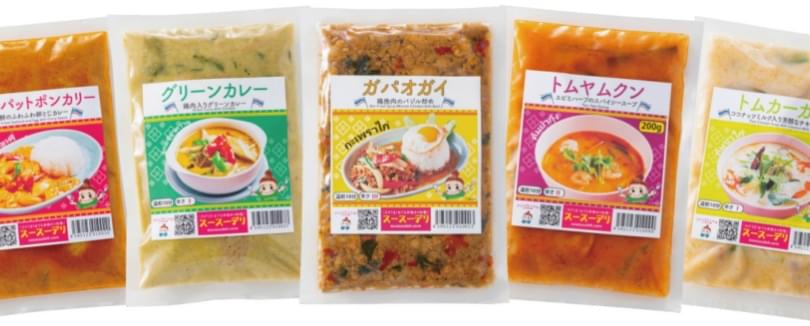
Agricultural Business Activities
Growing Thai vegetables with the slogan "Building Soil, Creating Food, Nurturing People"
We are in the process of expanding Suu Suu Agricultural Farm, which mainly grows Thai vegetables primarily in the external fields of the Kamo district in Ichihara City, Chiba Prefecture.
Launched in March 2022, this farm mixes elephant dung provided by the Ichihara Elephant Kingdom with local fish remains and mushroom beds to create our own compost facility. We sustainably cultivate various vegetables and rice, utilizing them in our in-house restaurant business and food manufacturing and sales operations. With the motto of "Building Soil, Creating Food, Nuturing People," the company aims to contribute not only to environmental conservation through our recycling-orientated agricultural method, but also contribute to the local industry in Ichihara City, by leveraging the expertise we've gained in the restaurant business.
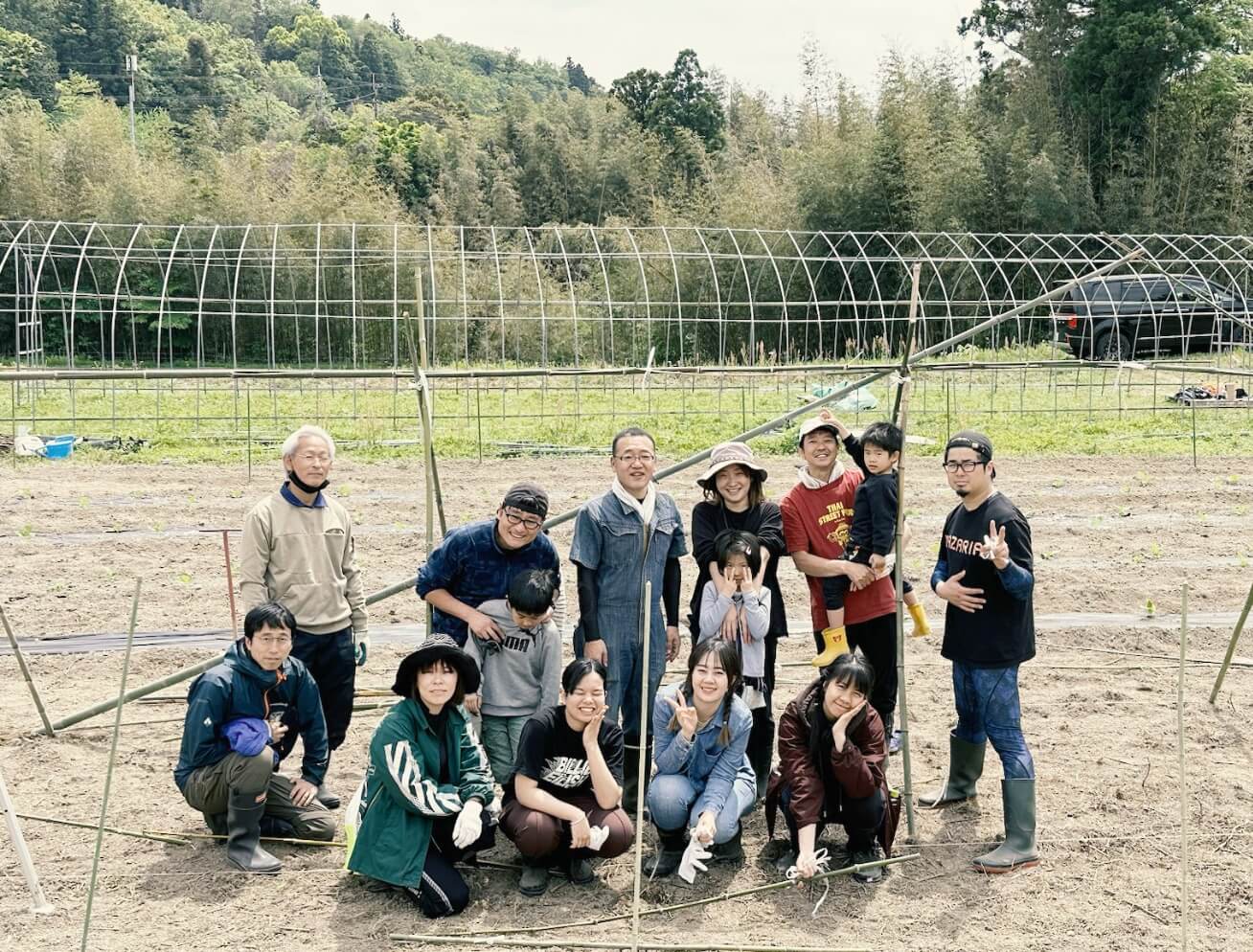
The Story Behind Suu Suu Agri
..is what some of you may be wondering.We would be delighted if you could relate to the following story we are about to share.
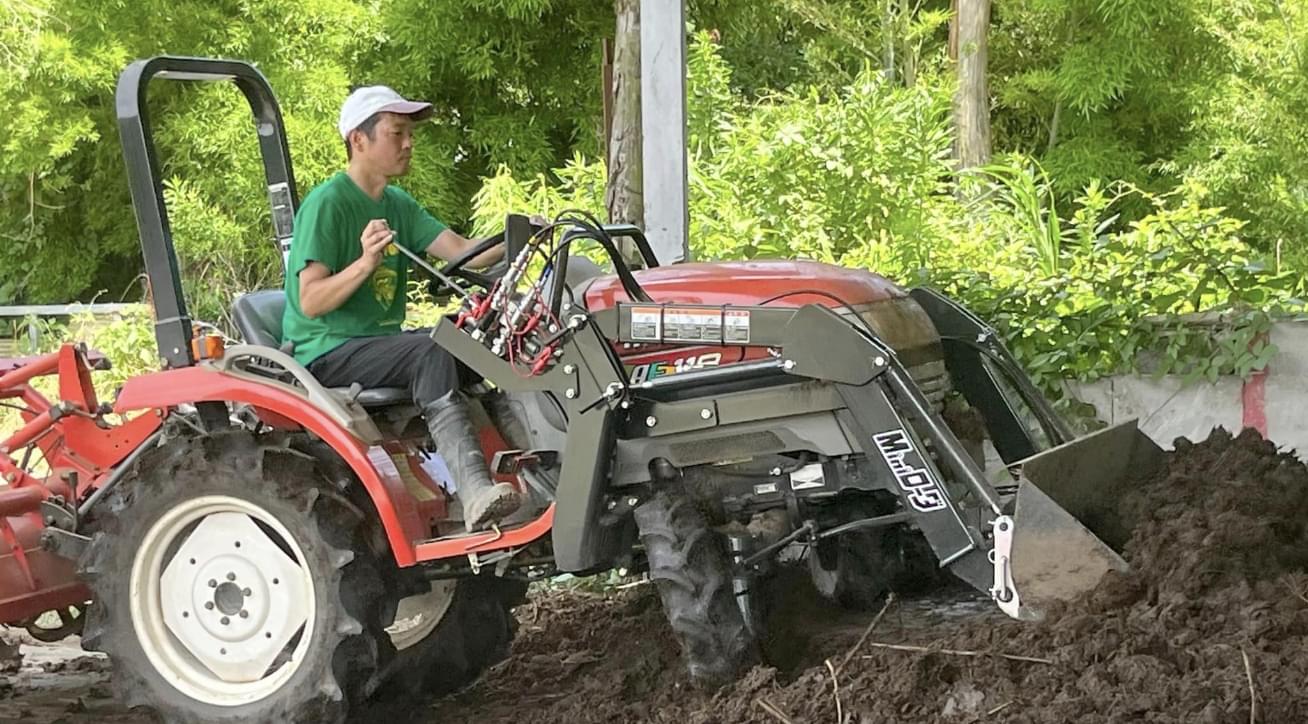
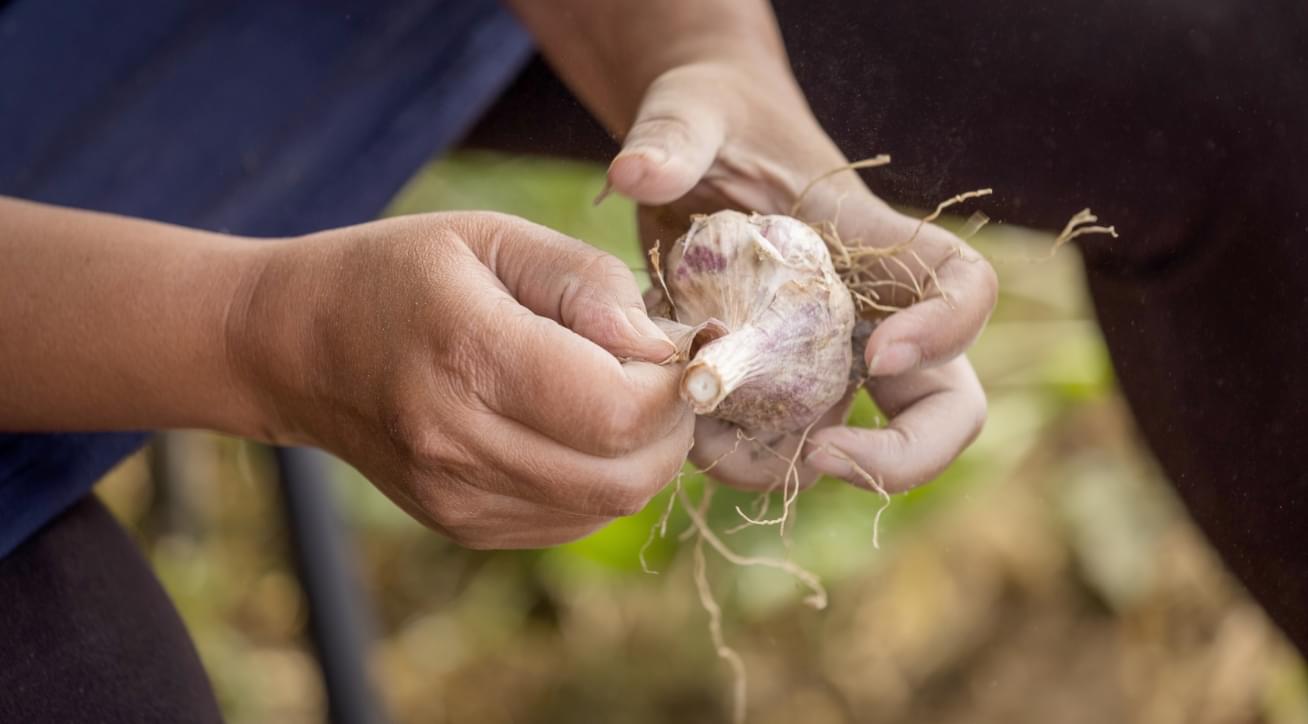
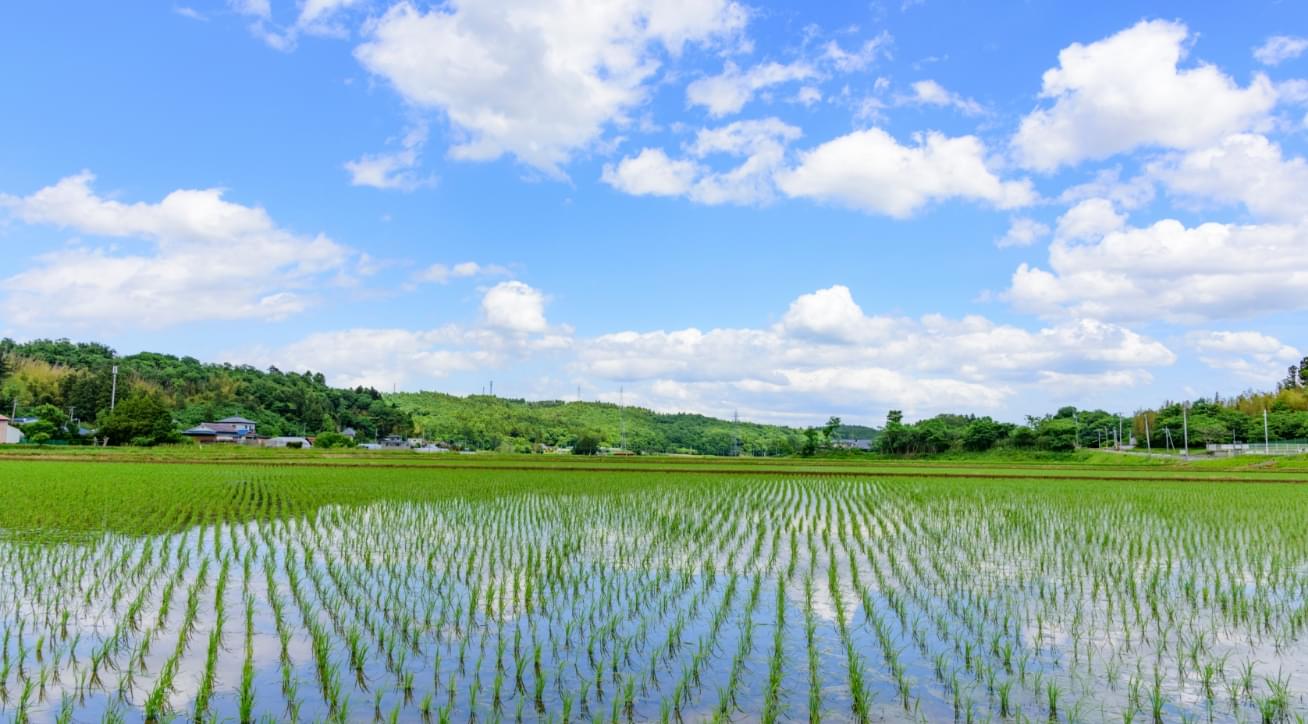
"Why did a Thai restaurant start an agricultural farm?"
As a restaurant, making our food aboslutely delicious is our utmost priority, and in order to achieve that, we believe that three aspects are crucial: improving the quality of ingredients, enhancing cooking techniques and upgrading kitchen equipment. We have particularly focused on improving the quality of our ingredients. Up until now, we had relied heavily on importing Thai vegetables, some of which were only available frozen. The catalyst for our venture into agricultural development was the recent challenges we faced, including soaring prices and difficulties in sourcing ingredients, especially imported Thai vegetables. We were also aware of the low self-sufficiency rate of Japan's food supply and the decreasing number of producers due to an aging population. We were also concerned about the reliance on imported fertilizers, witnessing their rising costs leading many farmers to close their businesses.
Meanwhile, due to the global situation over the last two to three years, imports of some Thai ingredients had stopped completely, causing prices to skyrocket. Our worries became a reality. Therefore, to secure our supply and address our concerns about ingredient quality, we decided to start producing our own vegetables, beginning with those we use in larger quantities. We committed ourselves to safe and reliable vegetable cultivation, aiming to further satisfy our customers. Anticipating potential supply issues due to fertilizers, we decided to adopt an agricultural approach that minimizes fertilizer usage and maximizes the inherent fertility of the soil. During this period, we had the fortunate encounter with Tabu Yoshiaki, a soil specialist from Kumamoto with extensive experience in soil cultivation overseas and a strong commitment to social contribution.. With the motto of "Building Soil, Creating Food, Nurturing People," we decided to experiment with soil improvement and take on the challenge of growing our own vegetables.
"Why Ichihara City?"
wonderful! It was the idea of an amateur who knew nothing about agriculture or compost. In that moment of inspiration, right before my eyes was Mr. Tamura, the soil specialist. Everything fell into place at that moment! Excitedly, I immediately contacted Ichihara Elephant Kingdom about our idea. Soon after, we met President Sakamoto and conducted a component analysis at the university's research facility, of which the results indicated that the compost was highly suitable for use. Furthermore, President Sakamoto offered us a provision of farmland, which we actually came to rent. Through a series of events and encounters, we found ourselves starting an agricultural farm in Ichihara City, supported by the local community.

Our Cultivation Way

-
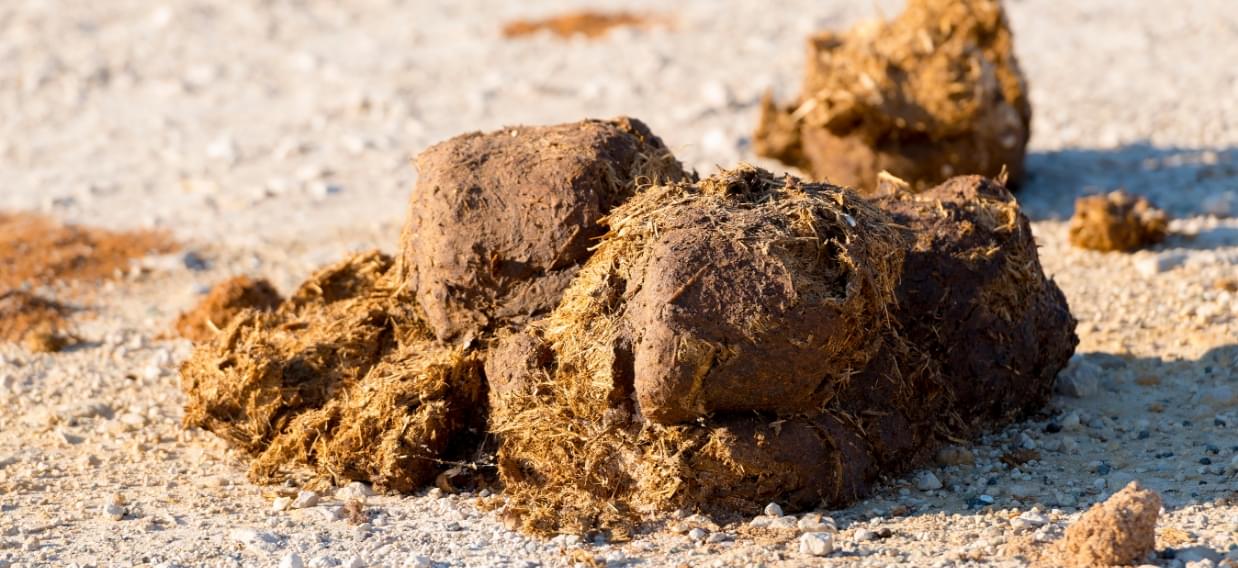
Use of Elephant Dung Compost
In addition to the three main fertilizer elements (nitrogen, phosphorus and potassium), elephant dung compost contains a moderate amount of nutrients such as vitamins, and this unique composition contributes to the vigorous and healthy growth of crops. Additionally, the microorganisms that thrive in the elephant's digestive system and those that proliferate during the fermentation process become active in the soil. The nutrients and the microbial activity play a key role in creating delicious vegetables.
-
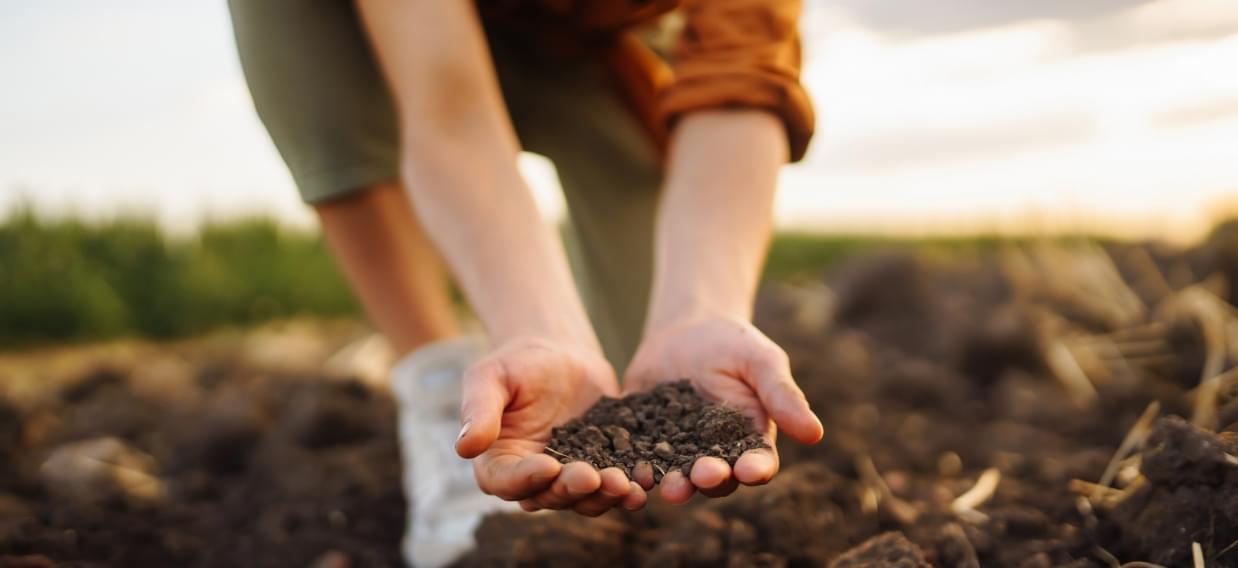
Building Our Specialized Soil
Elephant dung compost is not the only thing we use to improve the soil. Using elephant dung compost as a base, we incorporate various minerals, amino acids, lactic acid bacteria and other elements to revitalize the soil. Our goal is to engage in sustainable agriculture that harnesses the inherent power of an recylcing-oriented agricultural method.
With the cooperation of a soil specialist, we are working hard to grow delicious vegetables.
Main Cultivated Items

About Suu Suu Farm
Visit theSuu Suu Agri website








